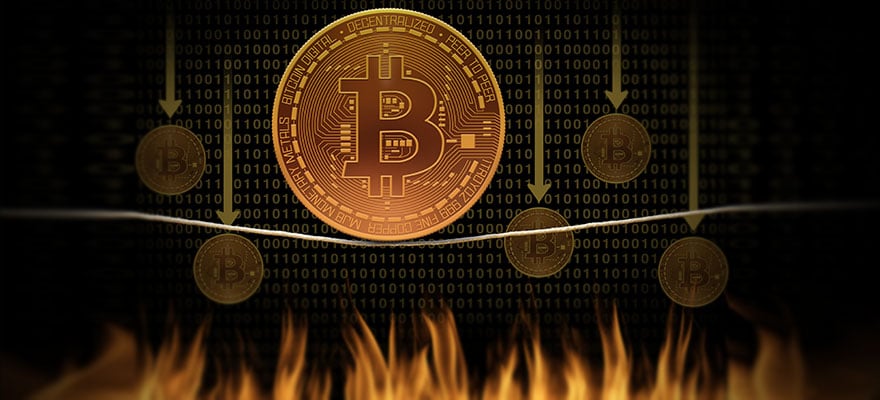The controversy surrounding the collapse of Silicon Valley Bank in California seems to be far from over, as a recent audio recording obtained by ABC News suggests that the former CEO, Greg Becker, downplayed the financial crisis and issues within the banking sector just a few days before the bank’s collapse on March 10, 2023.
In the recording, Becker is heard saying that the US Federal Reserve aims to manage all financial risks, and much of that risk has moved beyond the banking sector. He reportedly made this statement during a conference on March 7.
The audio recording reveals a concerning level of ignorance from Greg Becker regarding the financial situation of the bank he was leading. This has led to questions being raised about whether the bank’s top management was intentionally acting oblivious to the liquidity crunch that the bank was facing.
CEO and CFO offloaded shares days before collapse
On March 1, a disclosure to the U.S. Securities and Exchange Commission revealed that Silicon Valley Bank CEO Greg Becker sold $3.6 million worth of the bank’s stock holdings on February 27. Additionally, the bank’s Chief Financial Officer, Daniel Beck, also sold $575,180 worth of company common stocks on the same day.
The United States Justice Department and Federal Bureau of Investigations have initiated investigations into the collapse of Silicon Valley Bank. While specific details regarding the investigation’s main objectives or questions are currently unavailable, news reports suggest that the FBI is looking into possible insider trading incidents that occurred prior to the bank’s collapse.
What happened to Silicon Valley Bank?
Silicon Valley Bank, the 16th largest bank in the United States, was shut down by federal regulators on March 10, 2023. The bank’s collapse was attributed to several factors, including the loss of value in its investments and the withdrawal of large sums of money by depositors.
Federal regulators assured to reimburse all depositors, including those whose funds were not protected by the Federal Deposit Insurance Corporation (FDIC). In response to the bank’s collapse, the Federal Reserve has implemented several measures to restore public confidence in the banking system and prevent similar banking failures in the future.
First Republic Bank – The next big fall?
Despite receiving an unprecedented $30 billion deposit from 11 major U.S. banks to rescue it from a liquidity crunch, the San Francisco-based First Republic Bank is struggling to improve its situation on the stock markets. The bank’s shares continue to plummet, raising concerns about its financial stability.
To add to the concerns, reports emerged that First Republic’s top executives have been selling off significant stakes in the bank. Executive Chairman James Herbert II reportedly sold stocks worth $4.5 million since the start of the year, while President of private wealth management Robert Thornton, CEO Mark Roffler, and chief credit officer David Lichtman have also sold shares worth billions of dollars.












